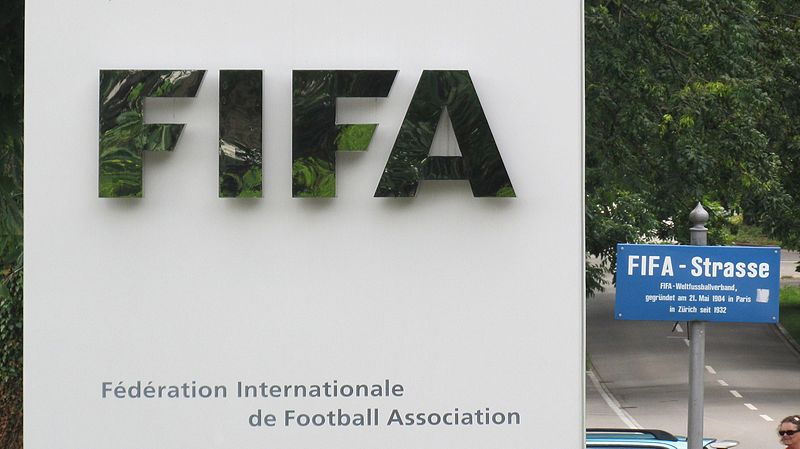
The International Automobile Federation (FIA), based in Paris, and the International Federation of Association Football (FIFA), which was considering establishing itself there, are considering
leaving France. "The legal and tax system does not seem to be adapted to [our] activities," they said after a meeting on Tuesday, April 23.
"Although France is the birthplace of motor sport, international competition, particularly in terms of labor costs, and the globalization of sport, are weakening this position," explains Xavier Malenfer, director of institutional and international relations at the FIA, in a joint statement with FIFA. "Without clarification, through the recognition of a specific status for international sports federations, there is little hope of further developing the activities of the FIA, despite all the undeniable advantages of Paris," he continues.
At the end of 2023, the French government attempted to pass a law in the 2024 budget containing tax provisions aimed at attracting international sports federations recognized by the International Olympic Committee to France, with football being the primary target. Since June 2021, FIFA, founded in Paris in 1904 and headquartered in Zurich, Switzerland, has had a Paris office. This office is responsible for relations with federations and technical cooperation for the development of football. The French capital also hosts a clearinghouse responsible for solidarity mechanisms. This was seen as a first step before relocating its entire headquarters to France.
However, in December 2023, the Constitutional Council censored this advantageous tax regime, citing equality before the tax and thus calling into question the establishment of these federations.
"The major obstacle identified to this French attractiveness is the lack of a specific legal status for international federations. Under French law, they have the status of associations and cannot be considered either as international organizations or as companies. This has concrete consequences on their activities, their taxation, and, ultimately, on their interest in being in France," explain FIFA, FIA, and IFAF, the International Federation of American Football.
Gathered by Sporsora, which brings together sports stakeholders, at a conference dedicated to the status of international federations, they demand more clarity and visibility from France "regarding the legal, social, and tax regime that would apply to them." "International sports federations do not ask for extraordinary privileges or to be treated better than other types of organizations, but they also do not ask to be treated worse," concludes Kenny Jean-Marie, who heads FIFA's Paris office. Foto-Juerg.hug, Wikimedia commons.